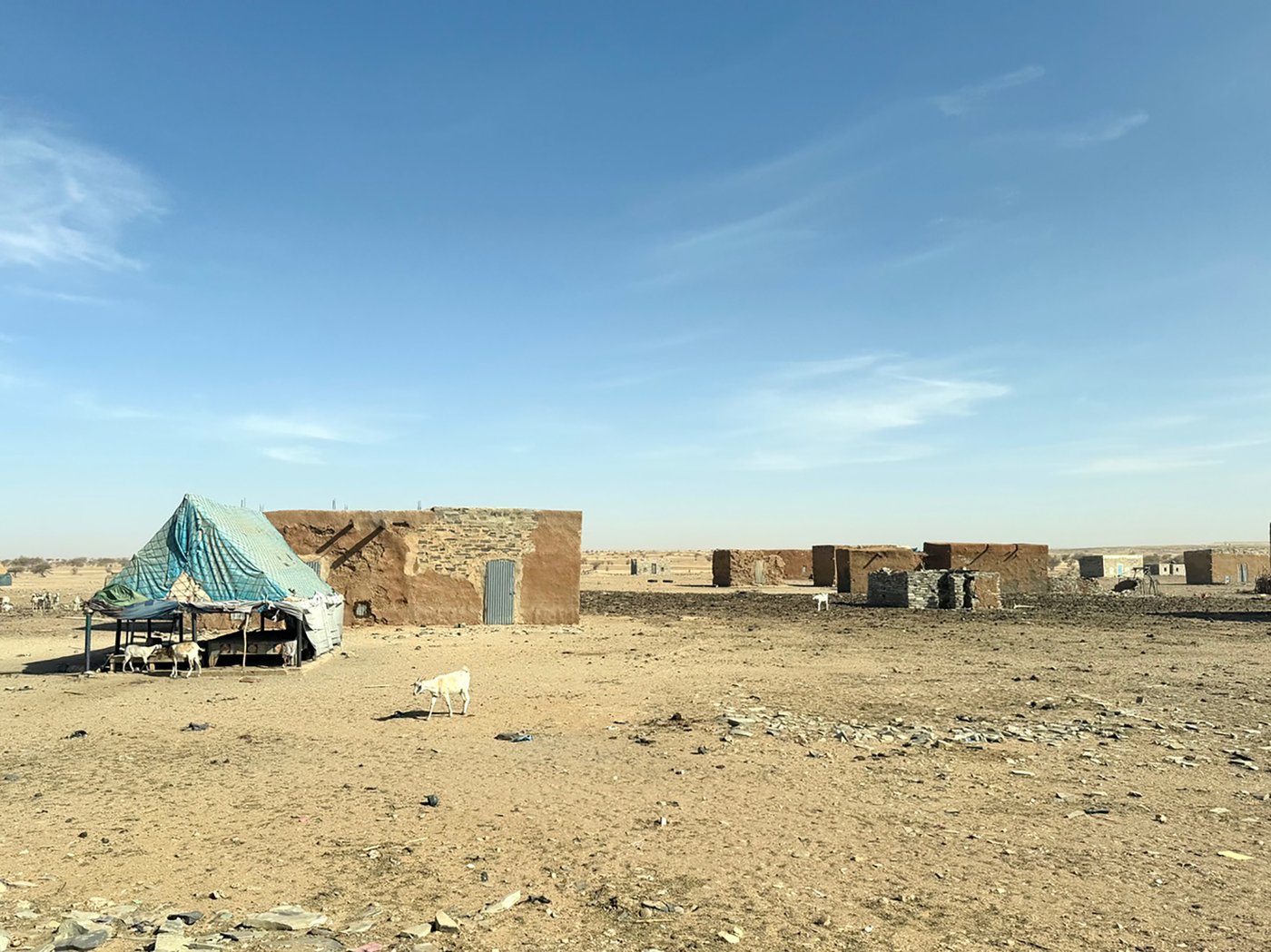Designing with Care
Vortrag von Malkit Shoshan in Kollaboration mit Ecologies of Care, im Rahmen des Symposiums Healing Feminism.
For the past two decades, the Foundation for Achieving Seamless Territory (FAST) has focused on projects that intersect architecture, urban planning, and human rights. Led by Malkit Shoshan, FAST engages with complex environments, contested spaces, and regions most affected by the climate crisis.
FAST’s approach, designing with care, involves close collaboration with communities and institutions to promote systemic change and improve living conditions and environmental sustainability. Their diverse projects have contributed to transformative processes, including influencing UN resolutions and international policies. They have worked with internally displaced communities to understand and address their unique challenges. FAST has also collaborated with UN agencies and ministries to reimagine spaces supporting peace missions, examining their legacy and impact on cities, rural communities, and the environment.
Currently, FAST is focusing on climate and conflict-induced migration in partnership with UNHCR. They analyze how emerging migration trends are reshaping demographics and transforming large regions, prompting new considerations for the design of human habitation across various scales and timeframes. In these contexts, FAST explores how architecture and urban planning can support affected communities and institutions—particularly in the Sahel—viewing displacement as both a challenge and an opportunity to reimagine future habitation and spatial design, as such conditions require, among others, a fundamental reshaping of the discipline.
Malkit Shoshan is the 2024 Senior Loeb Fellow at Harvard GSD and a 2024 Resident at The Rockefeller Foundation’s Bellagio Center. She is a designer, researcher, and writer, and founding director of the architectural think-tank FAST (Foundation for Achieving Seamless Territory) that operates at the intersection of architecture, urban planning, and human rights. FAST’s interdisciplinary work investigates the impact of systemic violence on people’s lived environments and aims to promote social and environmental justice through collaborative initiatives and designs.

